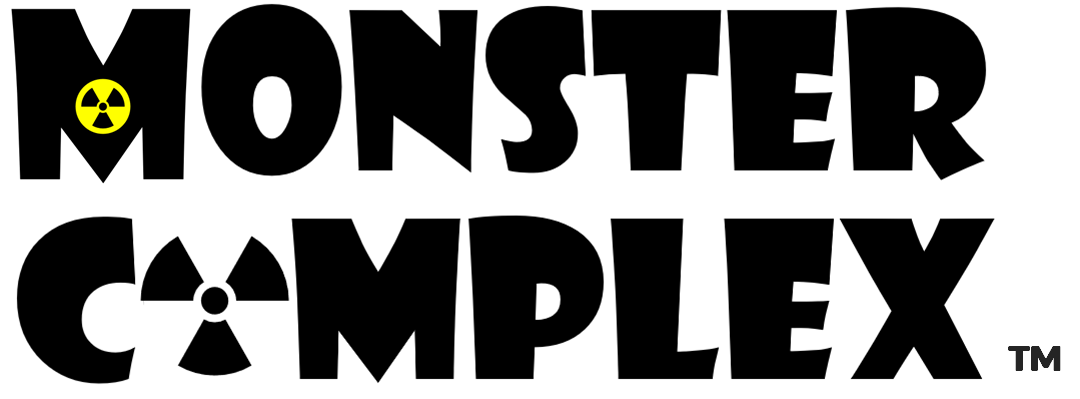Harry Belefonte’s impact on horror comedy ‘Beetlejuice’: “I had kids all over me: ‘Oh! The guy from ‘Beetlejuice’!’”
How much does Beetlejuice owe its popularity to Harry Belafonte’s music?
The Calypso star who was a close friend of Martin Luther King Jr found himself becoming one of the most memorable elements in the legendary horror comedy movie.
In this story:
Beetlejuice: What inspired the horror-comedy’s hysterical “Day-O” supper scene
Celebrating famed performer and activist Harry Belafonte
The world recently lost singer, actor and activist Harry Belafonte (1927-2023), who popularized Calypso music with international audiences in the 1950s. Among his popular songs were “Day-O (The Banana Boat Song)” and “Jump in the Line (Shake, Senora)”—both of which played fun roles in the movie Beetlejuice.
In fact, here are those clips now:
Beetlejuice attack—“Day-O (The Banana Boat Song)”
The end of Beetlejuice—“Jump in the Line (Shake, Senora)”
Beetlejuice: What inspired the horror-comedy’s hysterical “Day-O” supper scene
The 1988 American fantasy horror comedy Beetlejuice featured a ghost couple who found their house haunted by living people. So they hire objectionable “bio-exorcist” Beetlejuice to scare away the home’s new inhabitants.
Beetlejuice was directed by Tim Burton, and starred Michael Keaton, Geena Davis, Alec Baldwin, Jeffrey Jones, Catherine O’Hara, and Winona Ryder (in one of her earliest film roles).
One of the most memorable scenes was the haunted musical number foisted on the dinner party at the house. When the ghost couple possesses the living residents and their dinner guests, the ghosts drag their victims through an (involuntary) choreographed dance to Harry Belafonte’s song “Day-O.”
Apparently, the scene wouldn’t have been as great if not for the help of Catherine O’Hara, who suggested they use Calypso music. The original script for Beetlejuice was pretty dark—and did not include the musical part of the scene. When the script was rewritten in a lighter tone, there was the idea of a song-and-dance—but the original pitch was an R&B song.
It’s been said that co-star Catherine O’Hara suggested switching to Calypso music to make the scene more energetic. Thanks to this suggestion, they turned to Belafonte, and actually ended up putting three of his songs in the movie.
Co-star Dick Cavett, who played one of the guests in the dinner scene, said that the song was a great choice for the dinner scene. “The absurdity of our singing Calypso and being ordered to by strange creatures—it made a nice comic combination.”
Bringing recording artist Belafonte on board was simple. He liked the idea of Beetlejuice.
Of course, Beetlejuice was a huge success. The movie’s explosive popularity led to a cartoon series, a stage musical, and now they’re finally working on a sequel!
Celebrating famed performer and activist Harry Belafonte
Harry Belafonte is one of the few performers to have received an Emmy, Grammy, Oscar, and Tony Award (EGOT). He earned his career breakthrough with the album Calypso (1956), which was the first million-selling LP by a single artist.
Belafonte starred in numerous films. He was in two movies with co-star and director Sidney Poitier—the Western Buck and the Preacher (1972) and the crime comedy Uptown Saturday Night (1974). Belafonte also produced and scored the hip-hop musical movie Beat Street (1984).
He was also a big face in politics and civil rights. Belefonte appeared in a campaign commercial for John F. Kennedy and supported the civil rights movement with Martin Luther King Jr.
Despite his success apart from Beetlejuice, Belefonte being part of the movie—such a key part—impacted the singer. “Everywhere I went, for about a year, I had kids all over me: ‘Oh! The guy from Beetlejuice!’” Belafonte said. “Wiping their hands full of tomato ketchup and mustard on my clothes. I never worked for such a young audience. And I enjoyed the whole excursion.”
More from Monster Complex
Keaton says Beetlejuice 2 being made “exactly” like original
He’s Back! Beetlejuice The Musical + Alternate Versions of “The Whole Being Dead Thing”
Michael Keaton on BEETLEJUICE: “I don’t get it. Explain what you’re trying to do.”
That BEETLEJUICE cartoon: The Story of Beetlejuice: The Animated Series
100 Best Horror Comedy Movies of All Time - Best Funny Scary Movies
When ‘The Simpsons’ Turned ‘Planet of the Apes’ Into a Musical
Multiverse Fiction: 22 Diverting Examples of Parallel Universe Stories
Further reading online
Beetlejuice Owes Its Success to Harry Belafonte's Music (CBR)
How Harry Belafonte's music was crucial to Tim Burton's Beetlejuice (Gold Radio)
8 Things That Still Don't Make Sense About Tim Burton's Beetlejuice 35 Years Later (Screen Rant)
Beetlejuice: The Story Behind the Horror-Comedy’s Hilarious “Day-O” Dinner Scene (MovieWeb)
Beetlejuice 2 Gets Exciting Update from Legendary Director (SparkChronicles)
How a Calypso Anthem Became the Surreal Centerpiece of Beetlejuice (Pitchfork)
'Beetlejuice' Cast: Where Are 'Beetlejuice' Stars Now? (Hiptoro)
What Harry Belafonte Loved The Most About His Songs Being in Beetlejuice (SlashFilm)
Beetlejuice 2 Boasts Of Using Practical Effects Like The Original Film (Nation World News)
What Does Harry Belafonte Think About His Songs Being in 'Beetlejuice' (Showbiz Cheat Sheet)
'It's a Very, Very Personal Intimate Story': 'Beetlejuice 2' Cinematographer Promises It Won't Be a Cash-Grab Legacy (We Got This Covered)
Harry Belafonte, Actor and Activist (National Museum of African American History and Culture)
















The authors of The Real Ghostbusters: A Visual History talked with us about what inspired their book, their personal history with Ghostbusters, and why they interviewed more than 30 people.